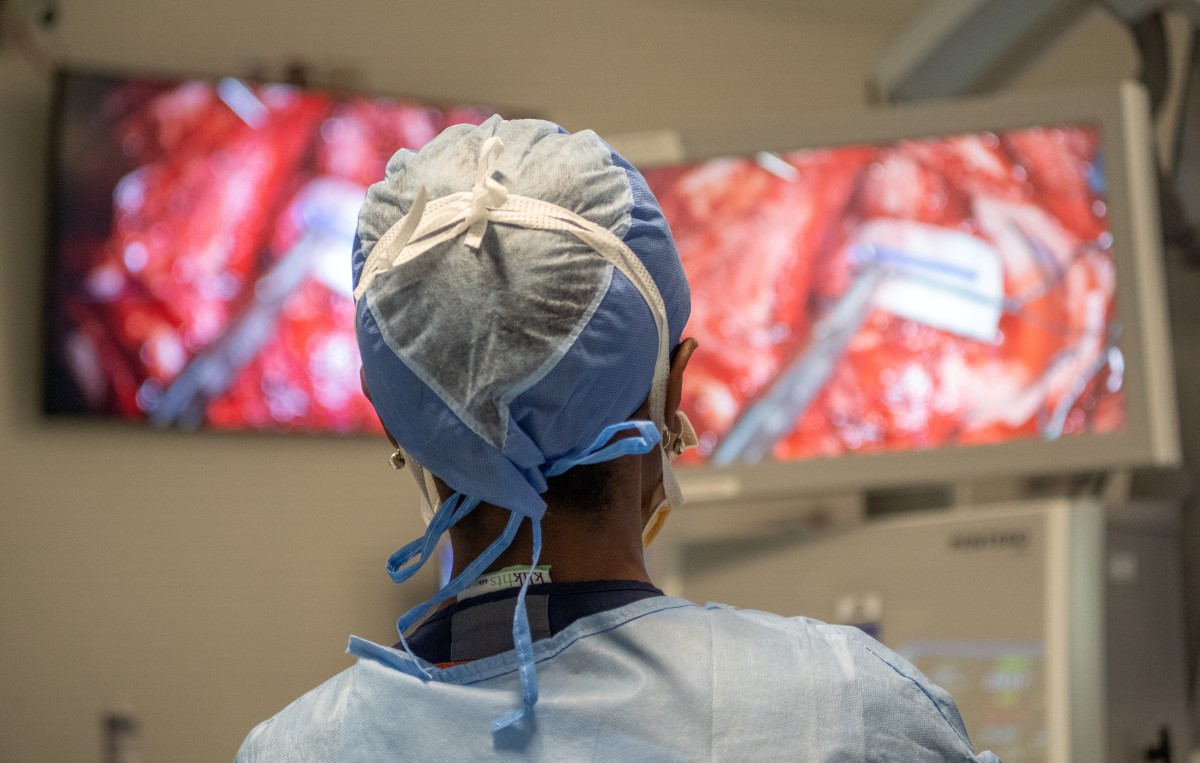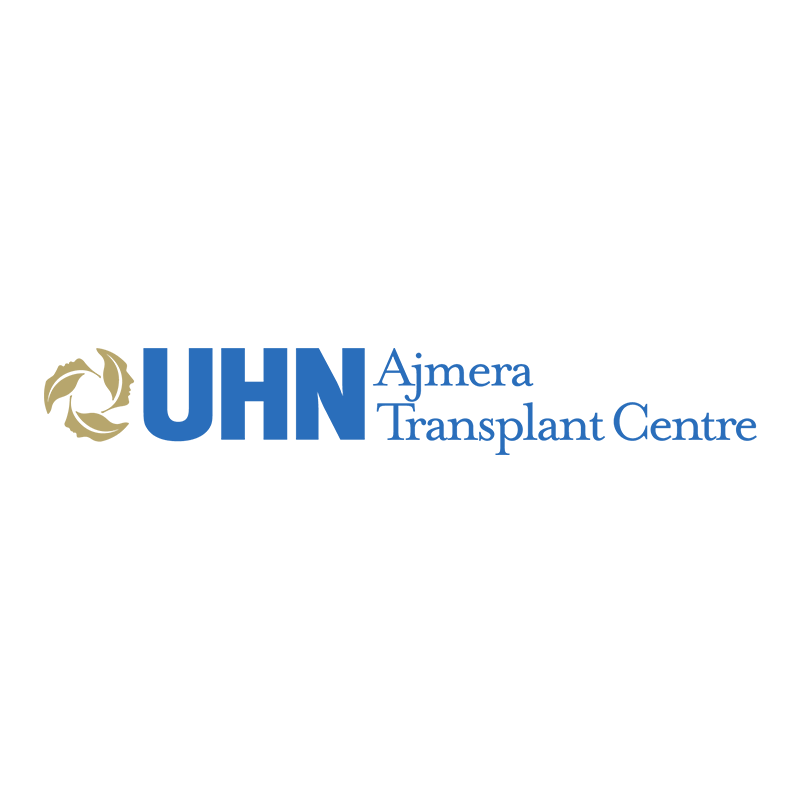
Transplant and Regenerative Medicine Centre
The SickKids Transplant and Regenerative Medicine Centre (TRMC) is Canada's most research-intensive paediatric transplant program and the largest centre dedicated to comprehensive transplant care in the country.
Our case volumes are now within the top five per cent of centres in North America, and our Hospital’s survival rates match or exceed the best programs. With a staff that includes professionals from all disciplines of health care and research, the TRMC provides the best in complex and specialized care by creating scientific and clinical advancements, sharing knowledge and expertise, and advocating on behalf of children who need transplant care.
As innovators in transplantation, the TRMC improves the health of children by seamlessly integrating care, research, and teaching.
The TRMC at SickKids is founded on a tradition of innovation, a strong interdisciplinary approach and a wealth of expertise from the diverse team. This video highlights the successes, key milestones and impact of the individual organ transplant programs.

Programs
Learn how our clinicians, educators and researchers are impacting child health at the TRMC.
Staff
Meet the team leading SickKids’ cutting-edge research in transplant and regenerative medicine.
- Dr. Upton Allen - Interim Medical Director, Transplant and Regenerative Medicine Centre
- Kate Langrish - Executive Clinical Director
- Dr. Anne Dipchand - Medical Director, Heart Transplant Program
- Dr. Chia Wei Teoh - Medical Director, Kidney Transplant Program
- Dr. Vicky Ng - Medical Director, Liver Transplant Program
- Dr. Melinda Solomon - Medical Director, Lung Transplant Program
- Dr. Yaron Avitzur - Director, Group for Improvement of Intestinal Function and Treatment (GIFT)
Medical Director, Joint program in Intestine Transplantation (UHN & SickKids)
Transplant nursing
The nurses who work for the transplant programs at SickKids are a vital part of their patients’ transplant journeys.
They are the first line of contact for families as they help patients prepare for surgery leading up to transplant day — and continue to be their touchpoint as they follow their patients post-transplant.
Organ and tissue transplants have the power to change lives. Watch this video to meet some of our team of passionate nurses who help make it happen.
- FitKids: A Practical Guide To Raising Healthy And Active Children From Birth To Teens (2004)
Authors: Mary L. Gavin, Steven A. Dowshen and Neil Izenberg - New Toddler Taming - A Parents Guide To The First Four Years (2005)
Author: Christopher Green - 1-2-3-Magic - Effective Discipline For Children 2-12 years - 4th edition (2010)
Author: Thomas Phelan - The Incredible Years - A Trouble Shooting Guide For Parents Of Children Aged 3-8 (1992)
Author: Carolyn Webster-Stratton - Keys To Parenting Your Anxious Child (2015)
Author: Katharina Manassis
Health-care provider resources
Immunization Protocols
The TRMC has developed state-of-the-art immunization protocols for solid organ transplant patients. These protocols were developed in partnership with the Division of Infectious Diseases and are based on current immunization guidelines established by the Canadian National Advisory Committee on Immunization (NACI), the Ontario Ministry of Health and Long-term Care (ON MOHLTC) and experts in transplant medicine.
The protocols are suggested immunization schedules for pre- and post-solid organ transplant patients and are meant as a guide only and may not be applicable to all patients. Please consult the transplant team for the immunization protocols.
Please access the TRMC Immunization Guidelines via the links only, in order capture updates as they become available. We encourage practitioners not to print guidelines to avoid outdated versions in circulation. These guidelines are updated as of December 2022.
Pre-transplant immunization guidelines (PDF)
Post-transplant immunization guidelines (PDF)
Transition Guidelines
To provide comprehensive continuing clinical care for transition and transfer of care to adult healthcare services across all transplant programs, the TRMC has developed transition of care guidelines. Download the guidelines through the link below.
Download Guidelines for Transition from Paediatric to Adult Care (PDF)

Apply for a TRMC fellowship
The Paediatric Solid Organ Transplantation Fellowship is offered by the TRMC. It is a one-year term with the opportunity for one-year renewal.
To learn more, email us at: transplantandregenerativemedicine.centre@sickkids.ca


November 13, 2023
Happy 25th kidneyversary, Kristina!
A quarter-century after her kidney transplant – the first living, non-related organ donor transplant ever performed at the hospital – Kristina McLaren (Lloyd) still has a soft spot for SickKids.

March 11, 2021
SickKids program reaches milestone with 1,000 kidney transplants and counting
The Kidney Transplant Program has reached a significant milestone with its 1,000th paediatric kidney transplant performed at SickKids. Medical Director Dr. Chia Wei Teoh and Surgical Director Dr. Armando Lorenzo share their reflections on the continued medical advances of kidney transplantation over the years.

April 24, 2019
Young girl’s rapid recovery shows how far paediatric liver transplant has come
Julia Berardi, 5, received a liver transplant at SickKids to cure her rare genetic disease. Her parents and doctors are calling for organ donors during National Organ and Tissue Donation Awareness Week.
Refer a patient to the TRMC
Do you have a patient to refer to the SickKids Transplant & Regenerative Medicine Centre? Learn more about our referral process.









